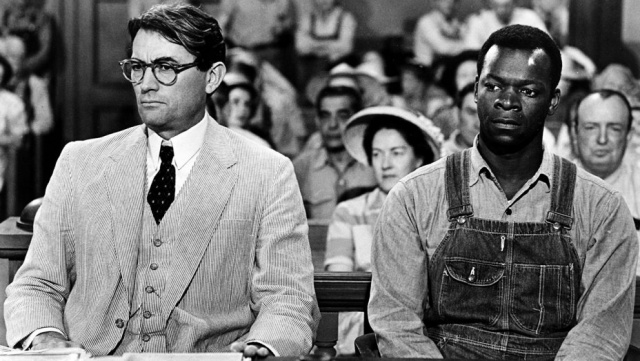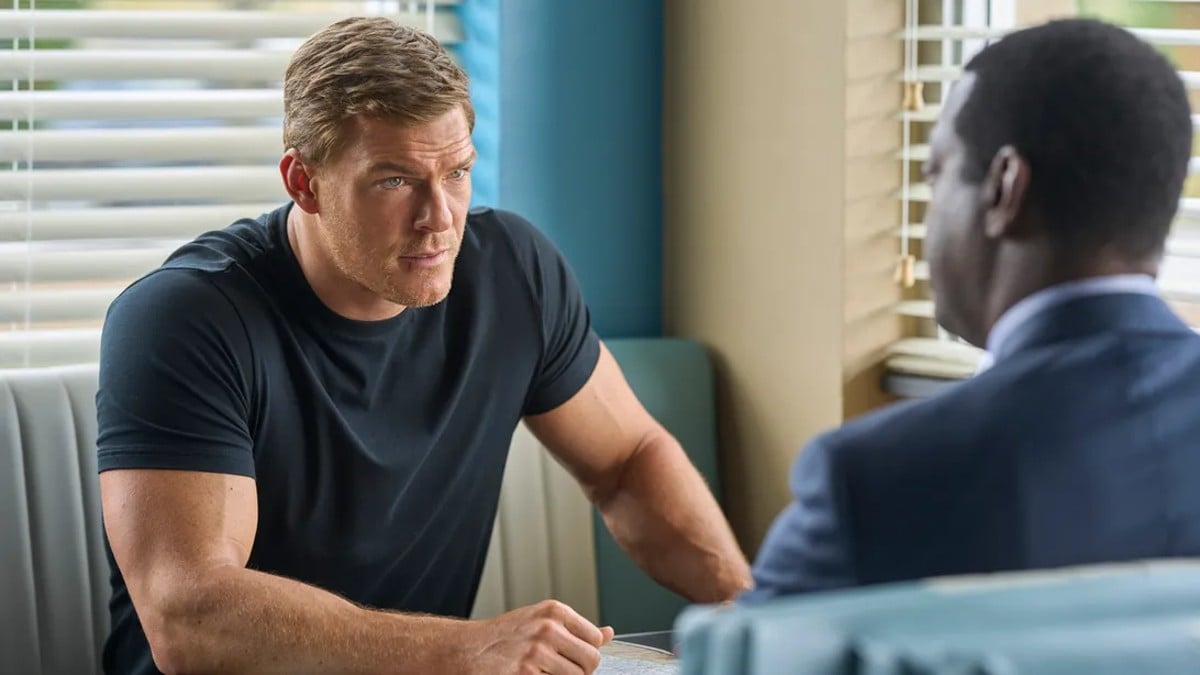Banned Books Week may have passed, but recently in Biloxi, Mississippi a public school pulled To Kill a Mockingbird from an eighth-grade reading list, according to The Washington Post.
The School Board vice president, Kenny Holloway, gave a vague explanation to the Sun Herald, that “There is some language in the book that makes people uncomfortable.” I’m going to use my best guess and assume that the language they are talking about is “the n-word.”
To Kill A Mockingbird, and its frequently challenged “n-word” cousin Huckleberry Finn, have had a long history of attempted censorship and banning because of their content. In 2011 there was a big push to remove “the n-word” from Huckleberry Finn and replace it with “slave” instead. Thankfully, most people agreed that doing that would be a huge disservice to the book and the history of race relations in our country.
Just last year, a Virginia school district pulled copies of both books to decide if they should be permanently banned because of the use of racial slurs after a parent’s complaint. Marie Rothstein-Williams, the parent, made an emotional please during a school board meeting saying that her biracial teenage son was disturbed by the content. “I’m not disputing this is great literature…but there is so much racial slurs in there and offensive wording that you can’t get past that, and right now we are a nation divided as it is.”
In 2004, thirteen-year-old, Garvey Jackson made a shirt covered in words from Mockingbird after being uncomfortable with hearing his classmates say it during a reading of the novel. When Garvey was taken to the principal’s office, he said that he wanted the book “out of the school system,” because if the word “was good enough for the book it’s good enough for the shirt.”
I am empathetic to how it can be hard, especially in today’s climate, to have to hear students use that racial slur, even in an academic setting. However, the point of books like Mockingbird, Huckleberry Finn, The Color Purple, and Beloved (all frequently banned books) is to highlight the dark realities of the world we live in. It is a grim reminder of the realities of slavery, Reconstruction, Jim Crow, and rural southern life. We should be uncomfortable when we read it, our history is complicated and messy. We should be moved. We should discuss it.
Yet, it is also important that teachers are playing their role and making sure that non-black students are not using the book as an opportunity to say “the n-word” without fear of repercussion. It should also be a time to make sure that students understand the history of our country when it comes to race and do what many of these books were written to do: create understanding. That’s the power of literature when it is done well, it can create empathy between people and groups that have never met. If students come out of reading these books feeling like “the n-word” is alright to say, then something has failed and it wasn’t the book.
(via The Washington Post, image: Universal Pictures)
Want more stories like this? Become a subscriber and support the site!
—The Mary Sue has a strict comment policy that forbids, but is not limited to, personal insults toward anyone, hate speech, and trolling.—










Published: Oct 16, 2017 02:17 pm